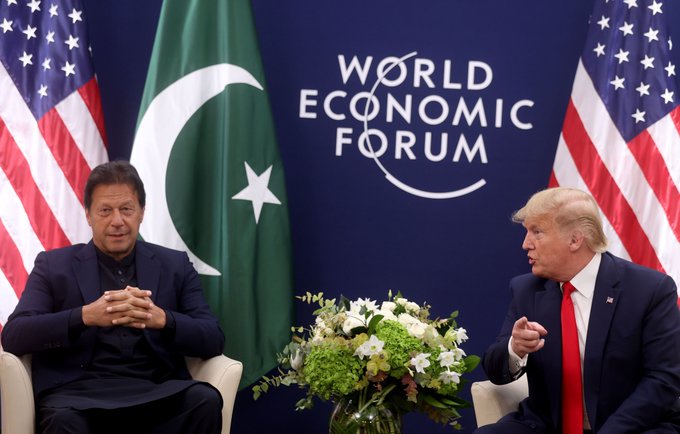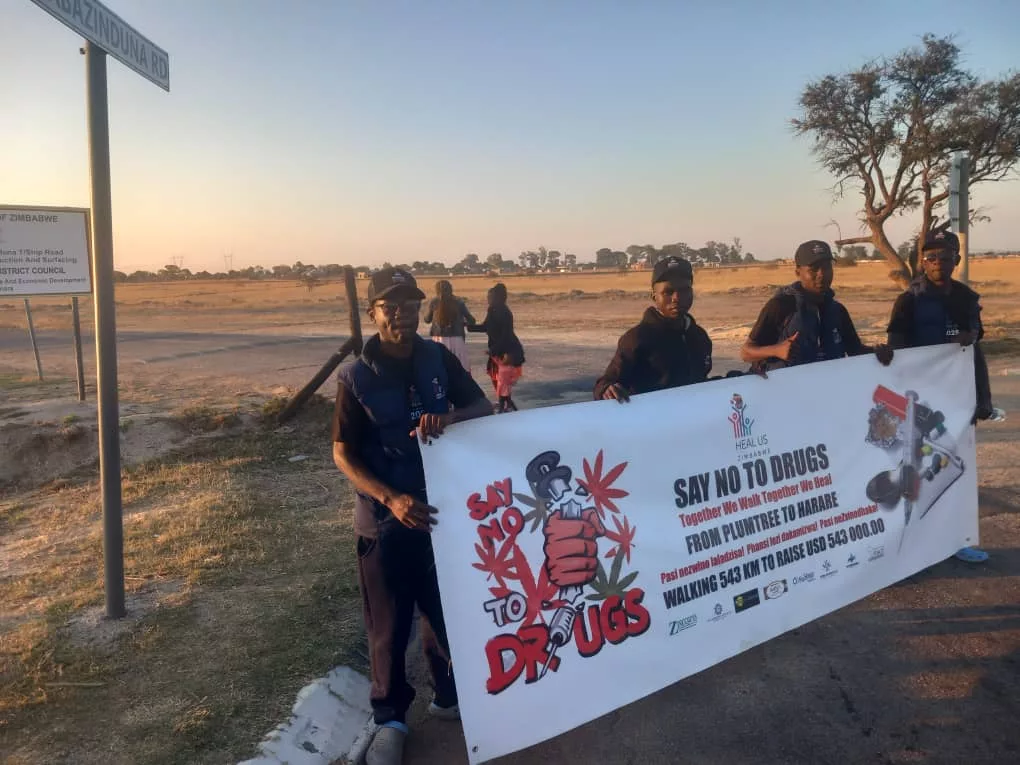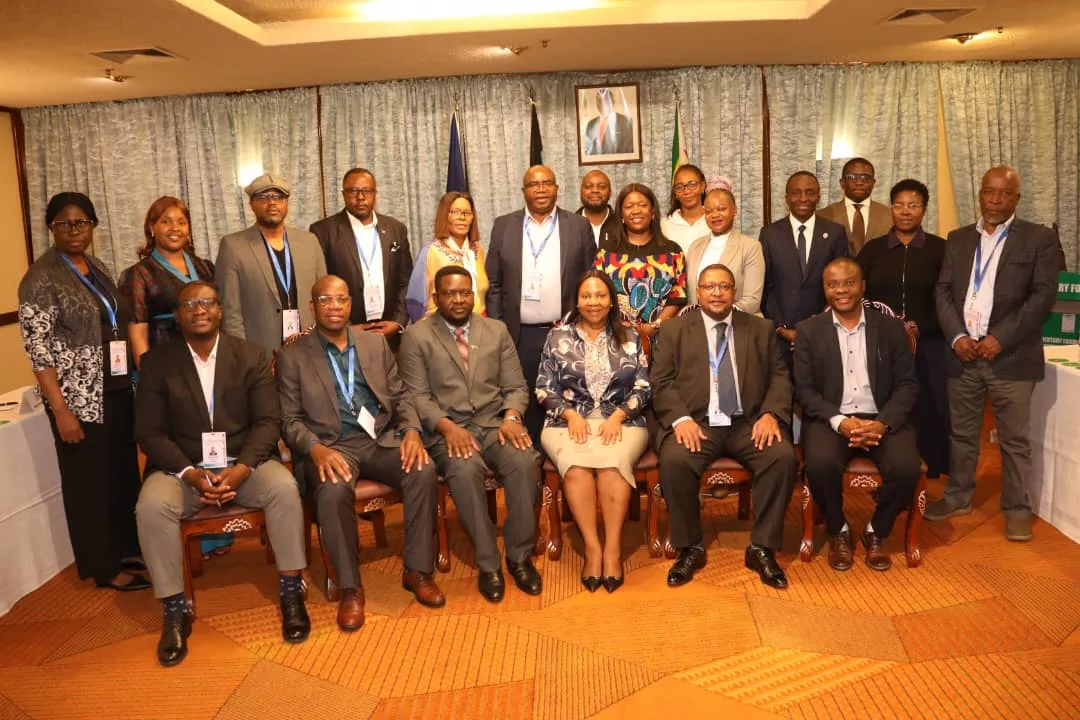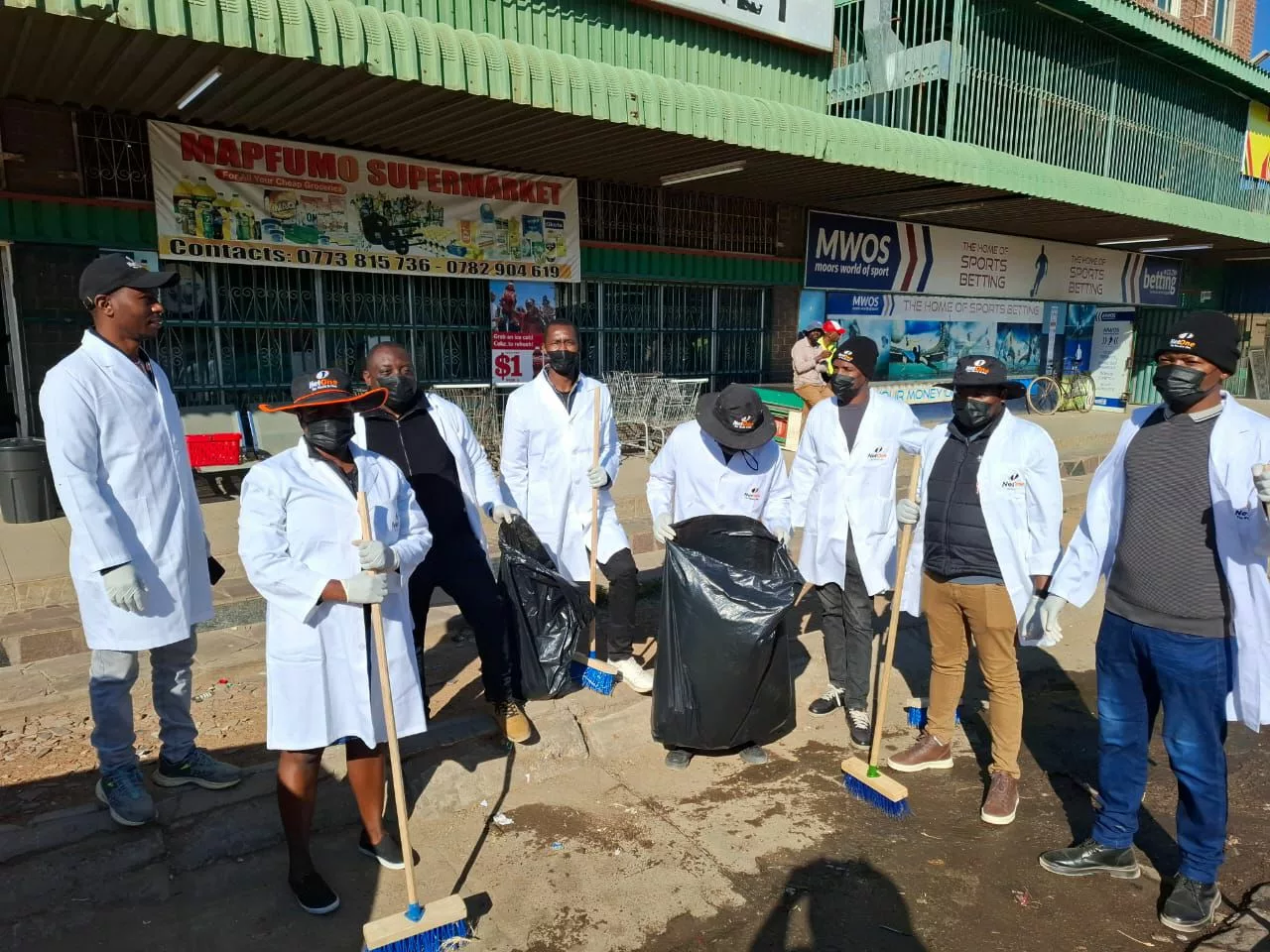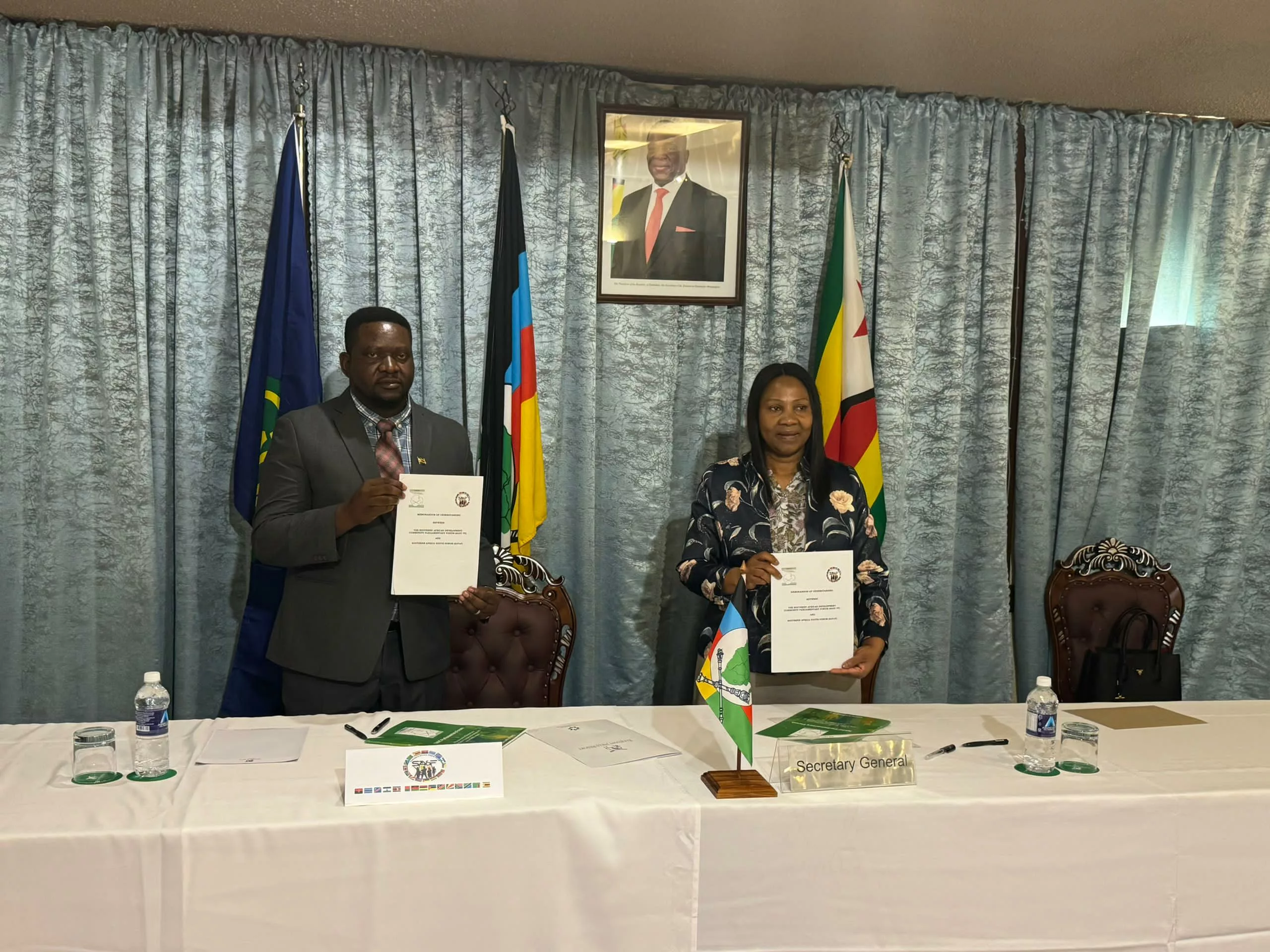For the first time, the world’s elites meeting this year at Davos have listed environmental issues as their top concerns about the next decade.
The WEF’s annual Global Risks Report raises the alarm on increased extreme weather events, manmade environmental damage – including oil spills and contamination, major biodiversity loss, ecosystem collapse and failure of governments and businesses to mitigate and adapt to climate change. All resulting in loss of human and animal life, and major damage to infrastructure, with irreversible consequences for the environment.
“The political landscape is polarized, sea levels are rising and climate fires are burning. This is the year when world leaders must work with all sectors of society to repair and reinvigorate our systems of cooperation, not just for short-term benefit but for tackling our deep-rooted risks,” said Borge Brende, President of the World Economic Forum.
Does this mean that after Davos 2020 businesses and governments are actually going tackle these realities seriously and with the necessary financial investments? Seeing is believing.
Fundamental change of systems needed
If businesses and governments are serious about combating climate change, they must increase investments in climate change mitigation and adaptation as well as in the larger development agenda (Agenda 2030). However, this alone will not be enough.
If businesses do not start fundamentally changing current financial systems, we risk gaining only short-term benefits instead of addressing the real root causes.
The current world economy still relies on fossil fuels and energy-intensive production systems. And the fossil fuel industry continues to receive large subsidies from governments and investment banks. Although investment in renewable energy is on the rise, as long as fossil fuels are subsidized we will not make a shift towards zero-carbon economies.
Many argue that not investing in fossil fuels hinders the development of low-income countries by denying them access to the same economic opportunities as high-income countries.
However, this just masks a lack of will on the part of the world’s business elites who have the power and finances to pioneer a true transition. They are ignoring the fact that the economics of renewable energy have changed and there are many ways for low-income countries to leapfrog fossil fuels.
To succeed, the governments and companies at Davos should do two things:
Apply an integrated approach to mitigation, adaptation and development.
Ensure an inclusive process and equal access to benefits of climate change measures.
An integrated approach
Mitigation, adaptation and development should not be three separate work streams. As shown in this article, effective climate action requires coherence between measures. Take investing in renewable energy. It directly reduces the emissions of carbon dioxide into the atmosphere.
But when used to provide energy access to the most vulnerable, it also brings communities social and economic benefits that increase their resilience to climate change.
For example, access to energy provides services for small-scale farmers or community enterprises, like solar powered agricultural irrigation systems, or food processing and storage. This in turn increases their general economic and climate resilience.
Another example is access to clean cooking solutions instead of burning wood. This not only reduces air pollution and deforestation, but also improves women and children’s health and frees up time for studying or income-producing activities. This in turn strengthens their position in society.
Inclusive process and equal access
On the one hand, we must invest vast resources to mitigate and adapt to global climate change; on the other, we need to tackle the deep injustices that lie at the heart of the climate crisis. The challenge is therefore to ensure a just transition in which all communities have equal access to the benefits of measures taken to tackle climate change.
Ironically, developing countries bear the brunt of the effects of climate change created by 150 years of unfettered industrial and agricultural development in the West. So we, in the West, have a moral obligation to help finance an inclusive climate transition and achieve the SDG development agenda.
A truly just transition
A truly just transition means including those who are generally left out of the decision-making processes: women, youth, and local or rural (indigenous) communities. So give back power to local communities and offer opportunities for collaborative decision-making.
Access to information, public participation and direct involvement of local communities are key to foster transformative societal change. But failure to act on the climate crisis in an inclusive, participatory manner will certainly fuel even greater distrust of political elites and representative democracy.
So, as governments and businesses gather in Davos, we urge them to listen to the words of Borge Brende when he says world leaders must reinvigorate the system of cooperation and focus on long-term benefits.
Only when they start investing substantially in tackling root causes and transforming systems in an integrated and inclusive way, will putting climate change at the top of the WEF’s agenda really mean something. Hivos will follow the conversations with interest and believe when we see.
Source: Inter Press Service


